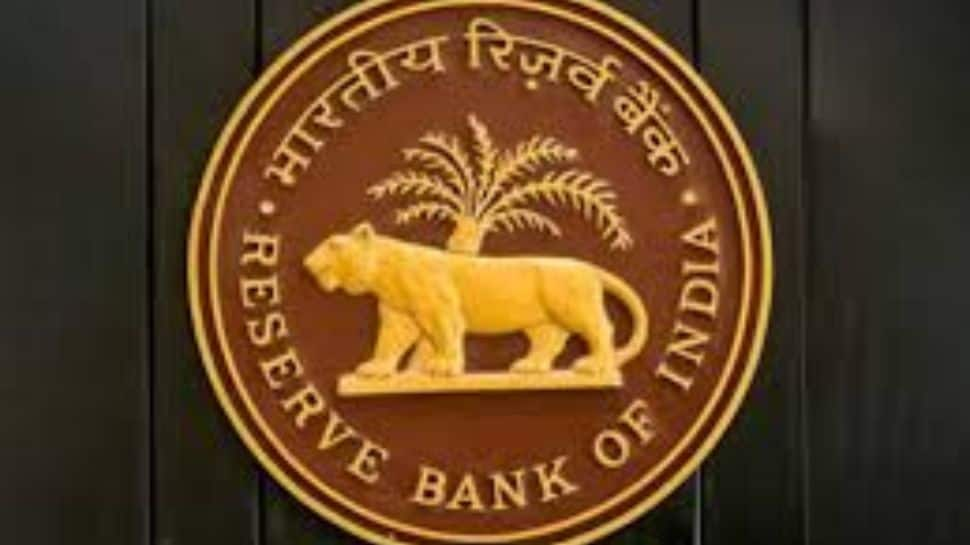A new year has dawned and one of the most common New Year resolutions includes the resolve to lose weight. However, making a resolution is not tough, but remaining true to it is not an easy task. While one should not subscribe to a particular body type, it’s important to note that healthy body weight is important to remain fit. Dr Charu Dua, Chief Clinical Nutritionist, Amrita Hospital, Faridabad, shares, “Maintaining healthy body weight is important for your overall well-being and prevents you keep non-communicable diseases at bay.” The biggest impediment to weight loss, says Dr Dua, is the fact that people start their own diet regimen or take up some fad diet after reading something on the internet. “Then they leave the diet plan midway or completely forget about them on weekends or holidays. This way, they don’t achieve the desired results and fall prey to fad diets, which make false promises on social media!”
Even if fad diets work, they will be for a short time. A weight loss that is achieved gradually, and one that makes your lifestyle fit in the diet plan and not vice versa, is the sustainable and correct way of achieving weight loss.
Tips to lose weight in a healthy way
Dr Charu Dua shares, “Let’s look into 15 ways you should adopt this new year to lose weight. Remember if you sustain them, you will achieve results, do not let them pass by like a New Year resolution which mostly is never followed.”
1) Choose healthy fats and carbohydrates: Don’t cut down on fats totally, rather choose healthy fats while on a weight loss diet. Healthy fats are a combination of oils using omega 3 fats, cooking with Monounsaturated fatty acids (MUFA)-rich fats in place of trans fats, moderate use of saturated fats; adding nuts, avocados, fish (if non-vegetarian) will also make your diet rich in healthy fats. Pick healthy choices in carbs like whole grains, millets, dalia, oats etc in place of simple carbohydrates sugars, sugary drinks, maida and its products; use multigrain atta, add bran to your atta to make it fibre-rich.
2) Increase protein in diet: Higher-protein energy-restriction diets help in weight loss rather than lower-protein energy-restriction diets, as per studies. Make sure all your meals have healthy proteins in your diet – eggs, dals, tofu, paneer, nuts, chicken, fish, etc are healthy proteins.
Also read: 7 detox water recipes to boost metabolism and lose weight in winters
3) Cut back on sugars: Indian diets are carbohydrate dense, hence while on weight loss, it is advised to cut back on all forms of sugar, gur, khaand, honey, etc. This will bring instant calorie restriction, which will help in weight loss.
4) Choose low-fat milk: Indians are used to taking full cream pure milk be it buffalo or cow, it is not the source of milk but the fat content of the milk which needs to be considered while trying to lose weight. When on a weight loss diet, use milk with 0.5% – 1.5% fat content milk.
5) Practice portion control: Studies have shown providing a larger portion of food increase calorie intake. So opt for smaller plates. Especially when you are having rice, serve in bowls rather than plates to control portions. When it comes to fats and oils, remember to not consume more than 3-4tsp/day, or ½ kg of oil per person per month.
6) Eat slowly, chew well: Eating slowly increases the levels of gut hormones responsible for feeling full, which may help reduce calorie intake. To eat slowly, you need to chew your food thoroughly before swallowing. This can help you reduce calorie intake and lose weight.
7) Do not multitask while eating: How much we eat during the day is also dependent on mindful eating. Some researches show that it takes about 20 minutes or so after you start eating that the brain sends signals to indicate you are full and so your appetite needs to be turned off. In the absence of mindful eating, one can eat much more than required and thus consume excess calories.
8) Improve your sleep cycle: Often disregarded, sleep is very important when it comes to maintaining health and weight. Most people need 6-8 hours of sleep every day. Disturbed sleeping patterns, in terms of both quantity and quality, can lead one to snack frequently and binge on foods rich in fat and carbohydrates.
9) Do not eat processed foods: Processed food is generally high in sugar or fat content which makes it high in calories. Read the nutrition label if you must have processed food, and eat only as per the serving size mentioned. Highly processed food is also low in fibre, and when you eat such foods the hungry portion control is distorted.
10) Do not skip meals: Don’t depend on fad diets and skip meals. To lose weight and keep it off, you have to reduce the amount of calories you consume and increase the calories you burn through exercise. But skipping meals altogether can lead to deprivation of essential nutrients and feeling tired. Also, it can make you feel hungry at odd times and lead you to snack on unhealthy foods. Most importantly, don’t skip breakfast.
12) Eat local, eat seasonal: Eating expensive, fancy food won’t help you lose weight magically. Eat local, eat seasonal. That will be affordable and sustainable too. Asking your dietician to make a diet plan that fits your lifestyle, and your cultural background will go a long way in maintaining sustainable weight loss.
13) Adopt healthy cooking techniques: Not just what we eat but how we prepare our food is important. Your recipes while healthy, should also be tasty; otherwise, you won’t be able to keep up with your diet. Adopt healthy cooking practices – go for steaming, sautéing, grilling, baking, boiling etc, instead of cooking with high fats, deep frying etc. The use of the right utensils and the right cooking temperatures help retain the nutrient content of foods and maintain their palatability.
14) Exercise regularly and drink water: While diet is key for weight loss, we can’t do without exercise. Even if you lower your calorie intake, after a point, the body will get used to it and this will lead to a plateau in weight loss. Exercise also releases positive hormones which will aid in weight loss too. Consistency is important. Also, keep yourself well hydrated. Water is helpful in many ways. It flushes out toxins from the body, helps in your workout, boosts metabolism, and also suppresses appetite.
15) Meet a qualified nutritionist/ dietician: As the name suggests, a fad diet will lure you with a promise of faster results. But remember half of these diets are not sustainable. And the moment you stop the diet, you will gain back the weight. Meet a qualified nutritionist, who has studied nutrition, for a minimum of 4 years. They will guide you to sustainable and gradual weight loss which is healthy. Do not get trapped in the false promise of social media.
Also read: 5 common New Year resolutions that we make every year but fail to follow!















































